
Faculty Researchers
Highlighting the Research Driving Innovation in Our Department
In the Department of Pediatrics at the University of Alberta, we are proud to foster a culture of innovative research that advances child health and well-being. This page is designed to help you explore the breadth of expertise within our department. Organized by division, you can easily navigate through our list of faculty researchers to learn about their areas of focus, access their contact information, and discover links to their publications and additional resources.
Whether you're seeking a collaborator, a mentor, or insights into groundbreaking work, this page is your gateway to the impactful research happening within our department.
If you are interested in working with a supervisor for either your PhD or M.Sc. degree please see our current and potential supervisors list for more information and to view all of our available supervisors.
Explore Our Faculty Researchers by Division
Jonathan Duff
Professor, Critical Care
Main Areas of Research/Key Words: Simulation, Education, Resuscitation, Debriefing, Assessment, Feedback
Research Summary: Dr. Duff's research interests are focussed on education, specifically simulation-enhanced education. He is interested in all aspects of simulation but his primary interest is in assessment and debriefing/feedback.
Currently Accepting New Trainees/Learners: Yes
Daniel Garros
Clinical Professor, Critical Care

Main Areas of Research/Key Words: Ethics, palliative Care, end-of-Life care, pediatric Intensive Care, Moral Distress, Bioethics, ECMO, Physician well-being, Health care delivery, Nutrition, High flow Nasal Cannula
Research Summary: Dr. Daniel Garros has been involved with Moral Distress and HealthCare professionals' wellbeing research and has published in many areas within Pediatric Intensive Care (PICU) including ECMO, Renal failure, High Flow Nasal Cannula, Prolonged Mechanical ventilation, etc. Dr. Garros has a special interest in ethics and has published on end-of-life care, on the Impact of family presence restrictions in the ICU during COVID-19 and how it has affected families, patients and health care professionals.
Currently Accepting New Trainees/Learners: Yes
Fernando Sanchez Espino
Assistant Professor, Dermatology

Main Areas of Research/Key Words: Vascular anomalies; vascular malformations; hemangiomas; vascular genomics; vascular laser; rare diseases
Research Summary: Dr. Sanchez Espino's research activities are an extension of his clinical interests, focusing on enhancing the knowledge of pediatric vascular anomalies, as well as, general and rare pediatric dermatology subjects and topics by providing evidence for established therapies and introducing new innovative options. He facilitates research through development of new validated research outcome tools and reviews common and uncommon dermatologic conditions in order to provide specific statistical insights that might benefit the current trends of medical practice.
Currently Accepting New Trainees/Learners: Yes
Additional Links/Information: Division of Dermatology
Carmen Rasmussen
Professor, Developmental Pediatrics

Main Areas of Research/Key Words: Cognitive development, neurodevelopment, behavior, neurodevelopmental difficulties, mental health, interventions, perinatal stroke
Research Summary: Dr. Rasmussen studies cognitive and behavioral development among children with neurodevelopmental difficulties as well as the effectiveness of cognitive interventions for children. She is also interested in healthy developmental trajectories in children including the impact of sleep, screen time, and physical activity on cognitive and behavioral development.
Currently Accepting New Trainees/Learners: Yes
Kyle Sue-Milne
Assistant Professor, iHOPE & Developmental Pediatrics
Main Areas of Research/Key Words: Pain, palliative, development, developmental disabilities, pediatrics, autism, FASD, rural
Research Summary: Dr Kyle Sue-Milne's current projects include a national CIHR-funded study on end-of-life cancer care for adults with intellectual and developmental disabilities, a multi-site study on stimulant medications used to treat ADHD in patients with co-morbid autism spectrum disorder, patient & family experiences in pediatric palliative care, and a multi-national prospective study on analgesic medications prescribed to children chronically, amongst others.
Currently Accepting New Trainees/Learners: Yes
Samina Ali
Professor, Pediatrics & Emergency Medicine. Research Director, Pediatric Emergency Medicine

Main Areas of Research/Key Words: Pain, children, procedural pain, opioids, knowledge translation, clinical trials, musculoskeletal injuries, pain measurement, equity in pain care
Research Summary: Dr. Ali's research program concerns better treatment of children’s acute pain, with a focus on responsible prescribing of opioid analgesia, management of medical procedure-related pain, and more recently, equitable access to care and better meeting family needs in the emergency setting and beyond.
Currently Accepting New Trainees/Learners: No
Additional Links/Information: PEAK Website
Lisa Hartling
Professor, Emergency Medicine

Main Areas of Research/Key Words: Knowledge synthesis, evidence synthesis, systematic reviews, meta-analysis, scoping reviews, rapid reviews, knowledge translation, knowledge mobilization, child health, stakeholder engagement
Research Summary: The focus of Dr. Hartling's work is to gather and synthesize the best available scientific evidence to help support decision-making by healthcare providers, administrators, and patients and their families. Dr. Hartling conducts different forms of evidence reviews as well as methodological research to improve the quality of research and reporting. She works with different end-users to create and evaluate fit-for-purpose knowledge translation products.
Currently Accepting New Trainees/Learners: Yes
Chelsey Grimbly
Clinical Associate Professor, Endocrinology

Main Areas of Research/Key Words: Clinical, Pediatric, Rare bone disorders, genetic disorders, hypophosphatemia, rickets
Research Summary: Dr. Grimbly is a clinical researcher with a focus on rare pediatric bone disorders. Her interests include genetic causes of hypophosphatemia and genetic disorders of bone fragility. She aims to improve clinical care by having a better understanding of how rare bone disorders present and impact children.
Currently Accepting New Trainees/Learners: Yes
Andrea Haqq
Professor, Endocrinology
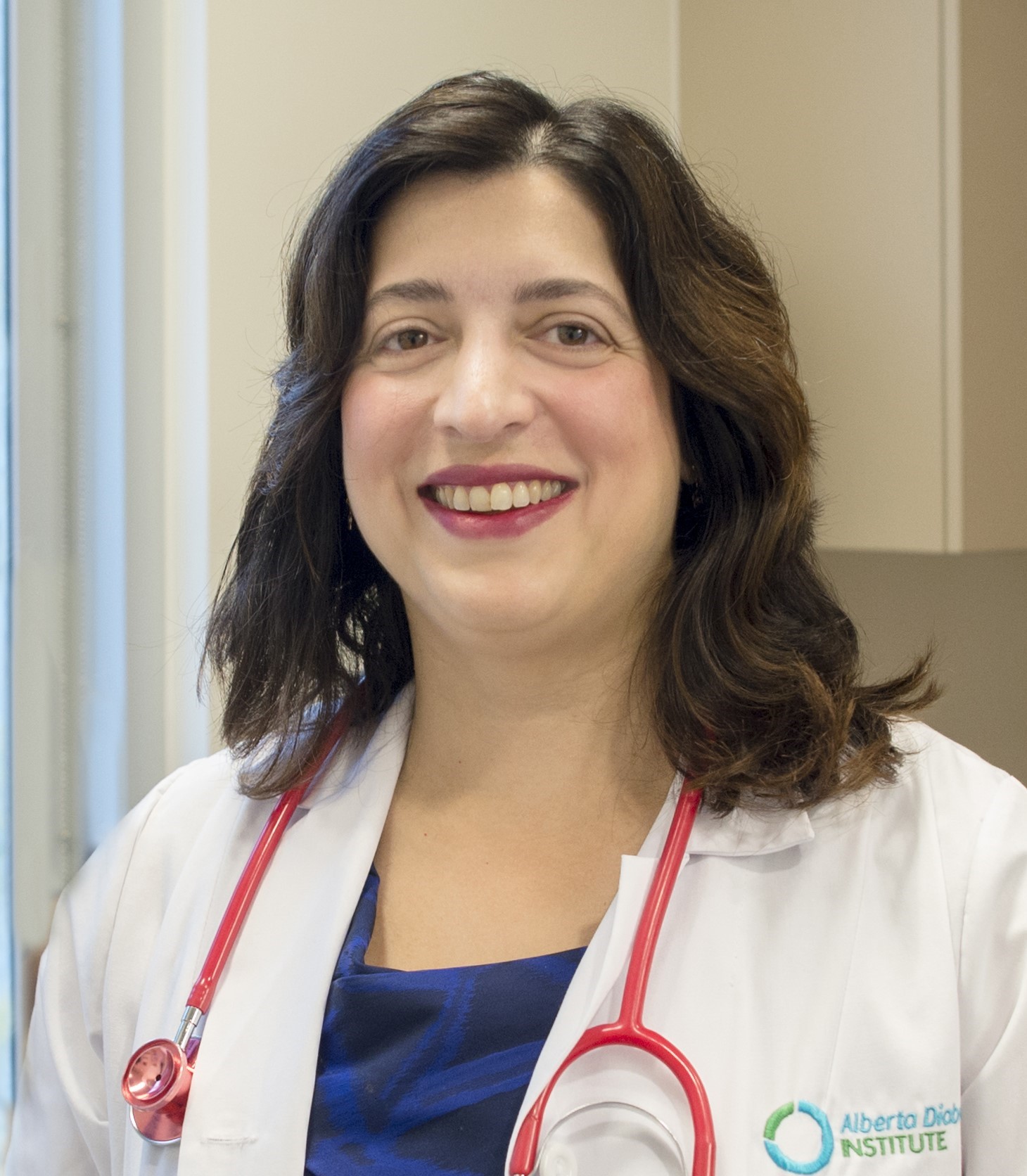
Main Areas of Research/Key Words: Pathophysiology of childhood obesity including genetics, cardio-metabolomics, body composition, and energy expenditure, development of novel anti-obesity agents and interventions, body composition
Research Summary: Dr. Andrea Haqq is a clinician-scientist who has established an international collaborative program to research the genetic and metabolic foundations of pediatric obesity in order to develop novel and personalized approaches to prevention and treatment, including dietary, lifestyle, pharmacologic and surgical. Dr. Haqq has extensive graduate training in clinical research and trials and is an internationally recognized expert in the study of childhood obesity.
Currently Accepting New Trainees/Learners: Yes
Additional Links/Information: Haqq Lab
Elizabeth Rosolowsky, MD, MPH, FRCPC
Associate Professor of Pediatrics & Divisional Director Pediatric Endocrinology & Metabolism, Endocrinology & Metabolism

Main Areas of Research/Key Words: Pediatric type 1 diabetes mellitus; clinical effectiveness; patient-centred care; healthcare delivery; self-management; education
Research Summary: Dr. Rosolowsky's clinical research focuses on pediatric type 1 diabetes mellitus. She is the local Principal Investigator for TrialNet, a multi-centre, multi-national study that follows the natural history of type 1 diabetes among relatives of people living with type 1 DM. In addition, she is a co-investigator with the Type 1 Diabetes CanScreen Screening Consortium, which is studying the feasibility and acceptability of general population screening for type 1 diabetes in Canada.
Currently Accepting New Trainees/Learners: No
Justine Turner
Professor, Gastroenterology & Nutrition

Main Areas of Research/Key Words: Nutrition, intestinal failure, short bowel syndrome, animal research, preclinical research, translational research, neonates, nutrition, parenteral nutrition, gut trophic analogues, gastrointestinal physiology
Research Summary: Dr. Turner leads a translational laboratory. Her laboratory studies neonatal short bowel syndrome, a condition that mainly effects preterm babies and using a neonatal animal model they look for treatments to improve outcomes for the babies. These babies depend on intravenous nutrition (total parenteral nutrition) to survive and experience life threatening infections and liver disease as a complication of the TPN. The ideal treatments would make babies wean off TPN faster, including by growing the intestine back using gut trophic treatments. Dr. Turner also studies making the TPN safer and less likely to cause liver disease. They use a neonatal piglet model as a model for vulnerable preterm infants. The laboratory functions like a neonatal intensive care unit but for piglets with surgical short bowel syndrome being fed TPN.
Currently Accepting New Trainees/Learners: Yes
Dawei ZhaNG
Professor, Gastroenterology & Nutrition

Main Areas of Research/Key Words: Lipid metabolism, atherosclerosis, extracellular matrix, liver fibrosis, fatty liver, arthritis, low density lipoprotein, metalloproteinase, transgenic mice, culture cell
Research Summary: Dr. Zhang studies metabolism and human diseases that are linked to it, such as atherosclerotic cardiovascular disease, non-alcohol fatty liver disease, and arthritis. The ultimate goal is to identify novel proteins and pathways relevant to these diseases and then translate this knowledge to develop novel therapeutics with improved efficacy.
1) PCSK9-promoted LDLR degradation. 2)The role of membrane type-1 matrix metalloproteinase (MT1-MMP) in metabolism and human disease. 3)Surf4 and lipid metabolism.
Currently Accepting New Trainees/Learners: Yes
Additional Links/Information: Zhang Laboratory
Geoff Ball
Professor & Associate Chair (Research), General & Community Pediatrics
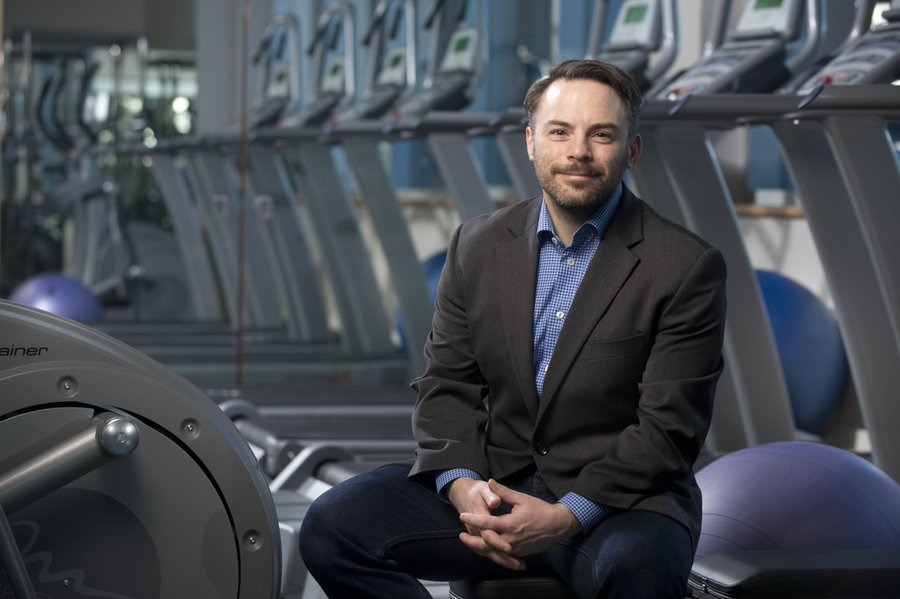
Main Areas of Research/Key Words: Obesity, obesity management, obesity prevention, nutrition, physical activity, health services, multiple methods, clinical practice guidelines
Research Summary: Dr. Ball's primary research focus includes obesity management and prevention in children and families. He uses multiple research methods, including randomized controlled trials, knowledge syntheses, epidemiology, and qualitative research, which Dr. Ball has applied across diverse topic areas.
Currently Accepting New Trainees/Learners: No
Additional Links/Information:
- Updating the Canadian clinical practice guideline for managing pediatric obesity: a protocol
- Exploring the association between individual, family, and program characteristics and change in health outcomes 12 months after enrollment into CANPWR
- Measuring severe obesity in pediatrics using body mass index-derived metrics from the Centers for Disease Control and Prevention and WHO: a secondary analysis of CANPWR data
- Re-referring children for multidisciplinary obesity management
Marghalara Rashid
Assistant Professor, Hospital Medicine

Main Areas of Research/Key Words: Health professions education ( HPE), medical education, cultural competency, critical pedagogies, critical theory, intersectionality, qualitative research, equity, diversity, inclusion, and indigenization and marginalized populations
Research Summary: Dr. Marghalara Rashid's research program engages a multi-method approach (e.g., knowledge synthesis, qualitative inquiry including ethnography, constructive grounded theory, and narrative Inquiry etc) to establish evidence-based solutions to improve equity in health professions scholarship. Dr. Rashid is particularly interested in examining biases, barriers, and obstacles that hinder equity in health professions education. Her focus is on cultural competency inclusion, specifically exploring the experiences of health professionals and trainees from marginalized groups such as Indigenous communities, visible minorities, and people with disabilities to promote Equity, Diversity, Inclusion, and Indigenization (EDII).
Currently Accepting New Trainees/Learners: Yes
Yael Dinur Schejter
Assistant Professor, iHOPE
Main Areas of Research/Key Words: Immunolgy - primary immune deficiencies, inborn errors of immunity
Research Summary: Dr. Yael Dinur Schejter is involved in clinical research on pediatric patients with primary immune deficiencies.
Currently Accepting New Trainees/Learners: Yes
Joel Livingston
Assistant Professor, iHOPE

Main Areas of Research/Key Words: Pediatric thrombosis; pediatric ITP, quality of life, hematology
Research Summary: Dr. Joel Livingston's research focuses on improving hematologic and thrombotic care for children with a focus on patient quality of life and quality improvement. He is particularly interested in the management of pediatric venous thromboembolism and pediatric cardiac thromboprophylaxis. Dr. Livingston also focuses on pediatric immune thrombocytopenia (ITP) and is the site lead for the Pediatric ITP Consortium of North America (ICON).
Currently Accepting New Trainees/Learners: Yes
Kyle Sue-Milne
Assistant Professor, iHOPE & Developmental Pediatrics
Main Areas of Research/Key Words: Pain, palliative, development, developmental disabilities, pediatrics, autism, FASD, rural
Research Summary: Dr Kyle Sue-Milne's current projects include a national CIHR-funded study on end-of-life cancer care for adults with intellectual and developmental disabilities, a multi-site study on stimulant medications used to treat ADHD in patients with co-morbid autism spectrum disorder, patient & family experiences in pediatric palliative care, and a multi-national prospective study on analgesic medications prescribed to children chronically, amongst others.
Currently Accepting New Trainees/Learners: Yes
Joan Robinson
Professor, Infectious Disease

Main Areas of Research/Key Words: RSV; viral infections; bacterial infections
Research Summary: Dr. Robinson has answered practical questions, participated in multicentre trials, and performed systematic reviews on any topic that interests her.
Currently Accepting New Trainees/Learners: Yes
Karina Top
Professor, Infectious Disease
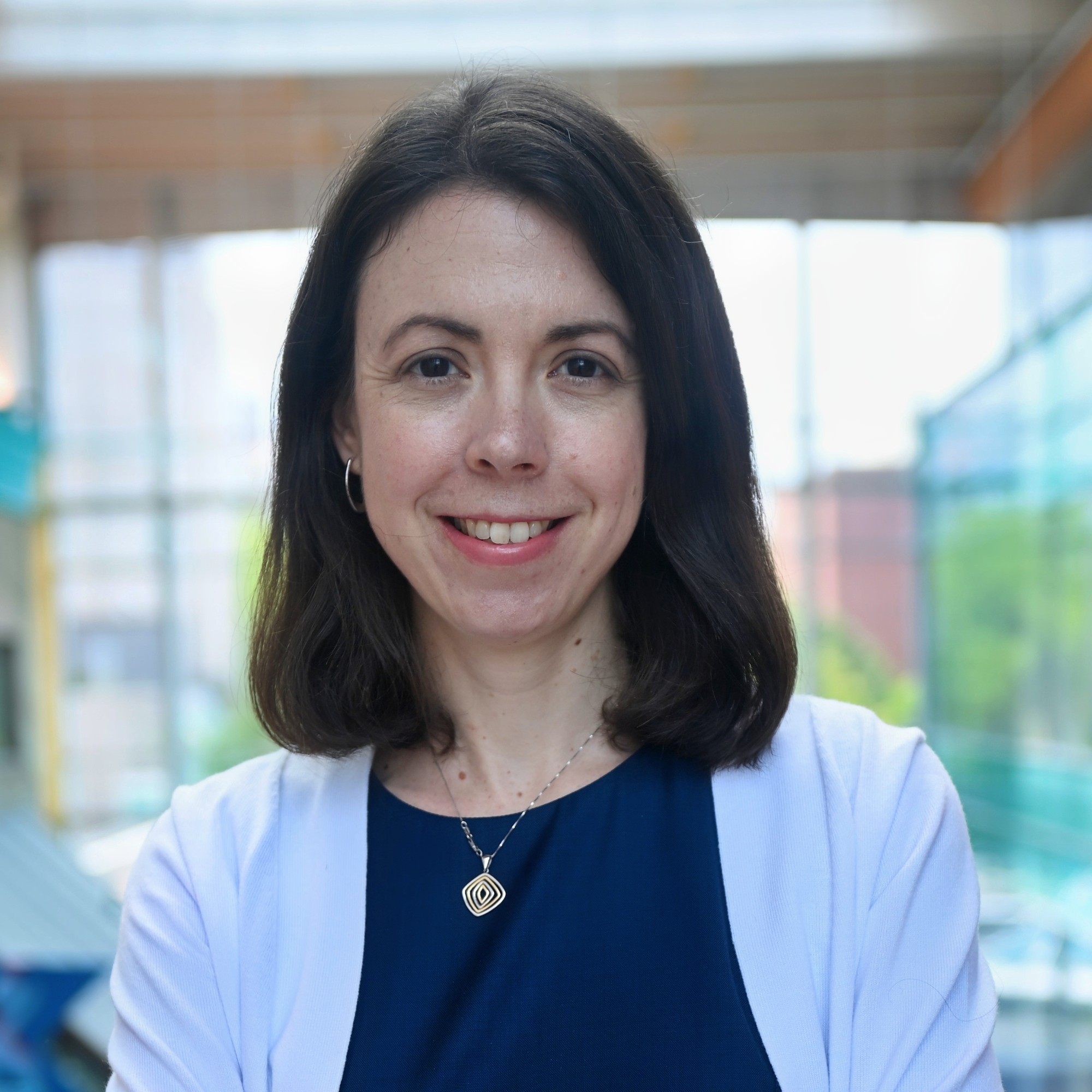
Main Areas of Research/Key Words: Vaccine safety, vaccination in pregnancy, immunization, immunocompromised host, infectious diseases, pediatrics, pregnancy, survellance
Research Summary: Dr. Top’s research focuses on understanding causes and risk factors for rare adverse events following immunization, and improving vaccination practices for individuals who may be considered at higher risk of an adverse event, such as those with previous history of adverse events following immunization, immunocompromised patients, and people who are pregnant. She leads national and international research projects that employ quantitative qualitative methodologies, as well as genomics and multi-OMICs to better understand causes underlying rare vaccine adverse events.
Currently Accepting New Trainees/Learners: Yes
Manoj Kumar Aggarwal
Associate Professor, Neonatal Perinatal Medicine
Main Areas of Research/Key Words: Systematic reviews and meta-analyses of clinical interventions; clinical trials; diagnostic accuracy studies; cohort and case-control studies; transcutaneous bilirubin assessment; non-invasive ventilation and less invasive surfactant administration.
Research Summary: Dr. Kumar is a clinical researcher with over 50 published articles in peer reviewed journals. His main area of research expertise is systematic review and meta-analyses, encompassing meta-analyses of the results of clinical trials, observational studies, and diagnostic accuracy tests. Some notable works include assessment of the diagnostic accuracy of the Transcutaneous Bilirubinometer devices for bilirubin measurements in preterm infants (Pediatrics 2013), meta-analysis of the RCTs comparing non-invasive versus invasive respiratory support in preterm infants at birth (BMJ 2013), summary of evidence for Less Invasive Surfactant Administration technique for surfactant delivery in preterm infants (ADC F&N 2017), meta-analysis of the RCTs comparing acetaminophen versus indomethacin for patent ductus arteriosus management in premature infants (Paediatr Child Health 2023). A significant proportion of his research involves supervision of postgraduate trainees, graduate students, and junior faculty members.
Currently Accepting New Trainees/Learners: Yes
Additional Links/Information: ResearchGate Profile & Publications
Georg Schmolzer
Professor, Neonatology
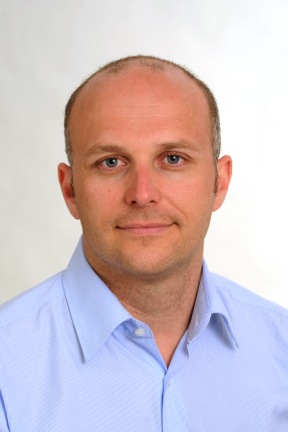
Main Areas of Research/Key Words: Neonatal Resuscitation, Clinical Trials, Pediatric Resuscitation, Infant Resuscitation, Delivery Room, non-invasive respiratory support, mask ventilation, umbilical cord management
Research Summary: Dr. Schmölzer’s research focuses on improving neonatal resuscitation techniques and non-invasive respiratory support to reduce complications like bronchopulmonary dysplasia in preterm infants. He has contributed significantly to international resuscitation guidelines, emphasizing evidence-based updates to neonatal emergency care. His work also includes innovative approaches to mask ventilation, pain management, and optimizing umbilical cord management strategies for better outcomes.
Currently Accepting New Trainees/Learners: Yes
Additional Links/Information: The Centre for the Studies of Asphyxia and Resuscitation (CSAR)
Joseph TIng
Associate Professor, Endowed Professorship, Neonatal-Perinatal Care

Main Areas of Research/Key Words: Infectious diseases & antimicrobial stewarship, haemodynamics & targeted neonatal echocardiography and outcomes of at-risk infants, preterm, neonate, infection, sepsis, antimicrobial stewardship, echocardiography, big data, quality improvement
Research Summary: Dr. Ting is a clinician investigator, committed to improving neonatal health. As a Staff Neonatologist, he provides care for high-risk infants born at the threshold of viability, those with congenital heart diseases, and those requiring surgical intervention and multidisciplinary care. Throughout his clinical and research career, he has maintained a prolific research output, contributing to over 150 peer-reviewed publications and three book chapters. He currently serves as a member of the Executive Committee and the Annual Report Review Committee of the Canadian Neonatal Network. He has been nominated as the Associate Director and Co-Chair of the Nosocomial Infection Group within the Evidence-Based Practice for Improving Quality (EPIQ) initiative, a national multidisciplinary collaboration that facilitates the implementation of evidence-based practice changes to enhance neonatal outcomes.
Currently Accepting New Trainees/Learners: Yes
Todd Alexander
Professor & Department Chair, Nephrology
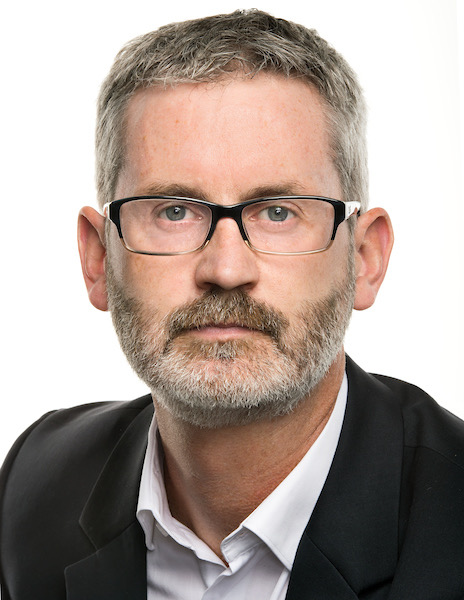
Main Areas of Research/Key Words: Kidney Stones, Tight Junctions, Transport Physiology, calcium homeostasis, acid-base, phosphate homeostasis, Claudius, tight junctions
Research Summary: Dr. Alexander is a Pediatric Nephrologist at the Stollery Children’s Hospital and a Professor & Chair of Pediatrics, at the University of Alberta. He is the Canada Research Chair in epithelial transport physiology, processes that are abnormal in children with kidney disease. Integrating his research program with his clinical practice, he seeks to advance care for children with disorders of renal tubular transport such as kidney stone formers and those with metabolic bone disease. This work is actively funded by the Kidney Foundation of Canada (KFoC), the Canadian Institutes of Health Research (CIHR) and the National Sciences and Engineering Research Council of Canada (NSERC).
Currently Accepting New Trainees/Learners: Yes
Francois Bolduc
Associate Professor, Neurology
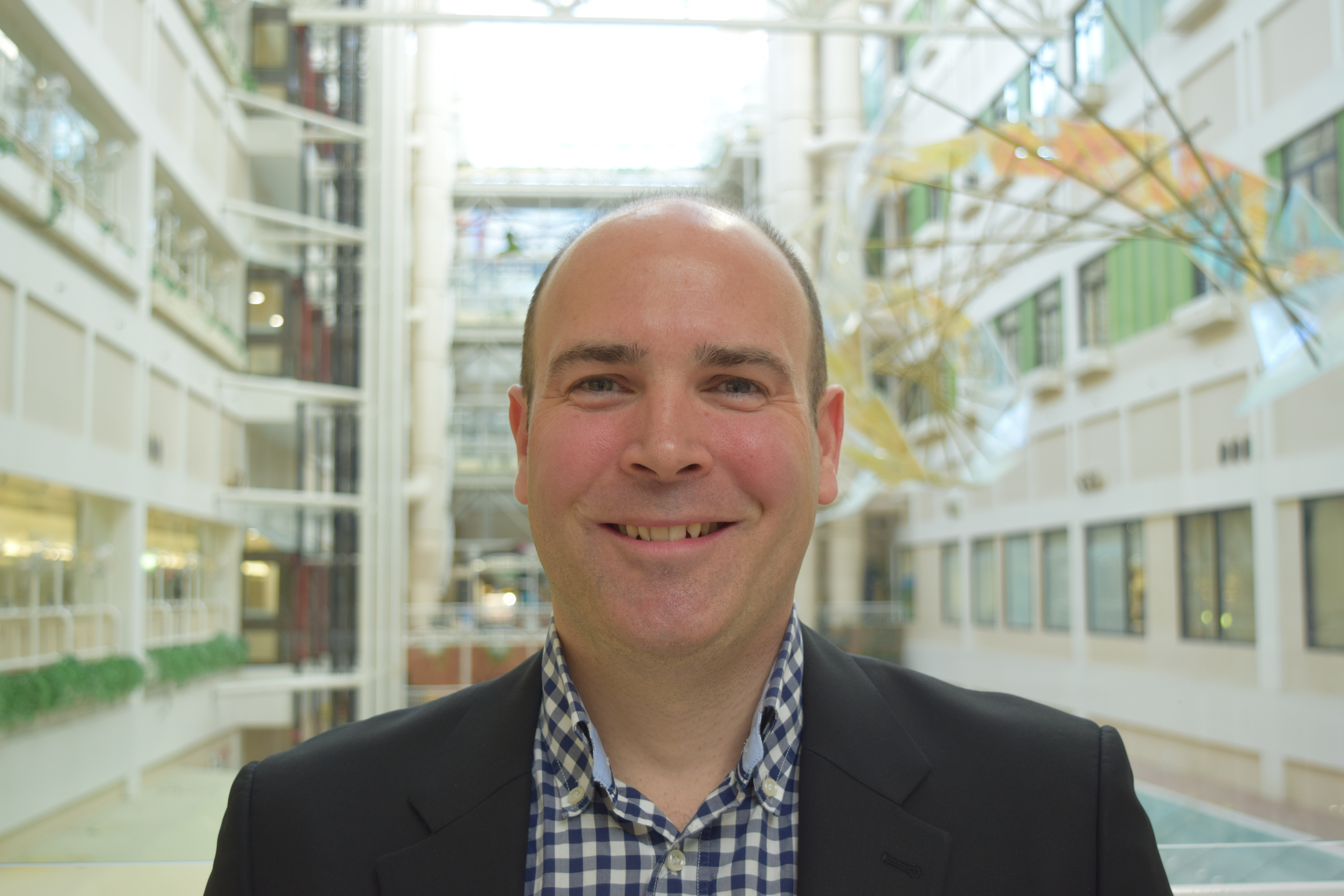
Main Areas of Research/Key Words: Neurogenetics, Fragile X syndrome, artificial intelligence, genomics, learning and memory, chatbot
Research Summary: Dr. Bolduc's expertise is in the neurogenetics of intellectual disability (ID) and memory. His lab focuses on identifying the molecular mechanisms underlying learning and memory defects in patients with genetic defects. Dr. Bolduc's
laboratory has developed several paradigms in Drosophila to study quantitatively the memory defects in Fragile X syndrome (FXS) and Angelman syndrome. They have identified dysregulation of the cAMP and protein synthesis pathways as key to the memory defects seen in Drosophila mutants for FXS. In addition, they have developed behavioral paradigms and uncovered novel treatments for neurodegenerative disorders including hereditary spastic paraplegia. As a clinician-scientist, Dr. Bolduc has also been able to follow patients with intellectual disability and autism. His lab has used novel genetic tools (including exome sequencing) to identify novel genes in ID as well as developed a FXS clinic for management of patients with FXS and related
disorders. More recently, they are leveraging artificial intelligence to understand how genetic network interaction lead to cogntiive dysfunction.
Currently Accepting New Trainees/Learners: Yes
Additional Links/Information: Bolduc Laboratory
Jay Kassiri
Associate Professor, Neurology

Main Areas of Research/Key Words: Pediatric epilepsy, refractory epilepsy, adolescent female epilepsy, status epilepticus
Research Summary: Dr. Jay Kassiri's research focuses on advancing epilepsy care, with specific interests in status epilepticus, female adolescent epilepsy, and refractory epilepsy. Dr. Kassiri is examining variations in healthcare utilization and developing standardized clinical protocols, with the aim of optimizing care from the emergency response stage to inpatient treatment. She is currently finalizing the Alberta Pediatric Status Epilepticus Study, which evaluates management practices from home to hospital, shedding light on intervention timing and its impact on patient outcomes. As Director of the Adolescent Female Epilepsy Program of Alberta, she is a champion of a multidisciplinary approach, collaborating with neurologists, reproductive health experts, and mental health professionals to establish a comprehensive, patient-centered model. Additionally, Dr. Kassiri is an active member of the Epilepsy in Childbearing Age through Menopause (ECAM) consortium, a collaboration within the American Epilepsy Society (AES) and the Canadian League Against Epilepsy (CLAE) Women with Epilepsy group.
As Co-Lead of the Pediatric Comprehensive Epilepsy Program at Stollery Children’s Hospital, she is part of a multidisciplinary team dedicated to improving care for children and adolescents with complex epilepsy.
Through involvement in initiatives like the Alberta Pediatric Refractory Epilepsy Program (APREP) and the Surgical Treatment of Epilepsy in Pediatrics (STEPS) Registry and Research Network, Dr. Kassiri actively contributes to provincial and national standards in epilepsy care, fostering collaboration across healthcare systems to improve epilepsy management for diverse patient populations.
Currently Accepting New Trainees/Learners: Yes
Colin Wilbur
Assistant Professor, Neurology
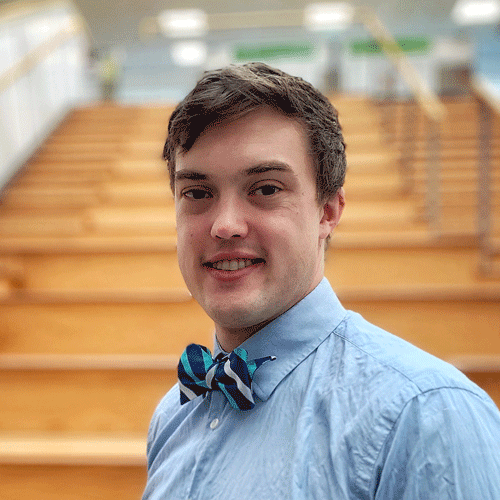
Main Areas of Research/Key Words: Neuroinflammatory diseases, multiple sclerosis, demyelinating disease, autoimmune, encephalitis, neuroimaging, movement disorders, neurocutaneous disorders
Research Summary: Dr. Wilbur's primary area of research focuses on pediatric neuroinflammatory disorders including multiple sclerosis, other demyelinating diseases, and autoimmune encephalitis. His work has included analysis of provincial administrative datasets, prospective neuroimaging studies, national collaborative studies, and participation in clinical trials.
Currently Accepting New Trainees/Learners: Yes
Israel Amirav
Adjunct Professor, Respiratory Medicine

Main Areas of Research/Key Words: Asthma, Global Health, Ciliary Diseases, Aerosol delivery, medical devices
Research Summary: Dr. Israel Amirav has been a Pediatric Pulmonologist and clinician-researcher for almost 40 years. Over the years, Dr. Amirav has built a reputation as a world leader in various pediatric respiratory fields, including >160 publications, worldwide presentations, and various patented innovations to help infants and young children with asthma better receive their necessary respiratory medications. These innovations have found their way to hospitals, clinics, and homes worldwide.
Currently Accepting New Trainees/Learners: Yes
Anne Hicks
Associate Professor, Respirology
Main Areas of Research/Key Words: Air quality, children's respiratory health, asthma, environmental health
Research Summary: Dr. Anne Hicks and her interdisciplinary research team examine the interactions between a broad variety of exposures, preventive or mitigating strategies, and health outcomes in children at population and individual levels. They also explore different knowledge translation strategies at scientific, healthcare and community levels.
Currently Accepting New Trainees/Learners: Yes
Anita Kozyrskyj
Professor, Respiratory Medicine

Main Areas of Research/Key Words: Infant, gut microbiome, DOHaD, cesarean birth, antibiotics, perinatal stress, immune system, neurodevelopment
Research Summary: Dr. Anita Kozyrskyj is the PI of the CIHR-funded SyMBIOTA (Synergy in Microbiota: www.symbiotalab.com) research program on early-life shaping of the infant gut microbiome, and child immune-related and neurodevelopmental outcomes in the CHILD Cohort Study. Dr. Kozyrskyj is the co-PI of the Human Cohort Design and Analyses Platform of IMPACTT (www.impactt-microbiome.ca) and co-PI of the 2024-launched SPPIN (Society, Pregnancy, Postpartum & Infant Neurodevelopment) microbiome study in Edmonton. Her microbiome papers have received awards for being the most influential, and have been cited by position statements on food allergy and neonatal early-onset bacterial sepsis.
Currently Accepting New Trainees/Learners: No
Joanna MacLean
Associate Professor, Respiratory Medicine

Main Areas of Research/Key Words: Sleep-related breathing disorders, obstructive sleep apnea, non-invasive ventilation, clinical research, translational research, polysomnography, control of breathing, diagnostic testing, technology development
Research Summary: Dr. Joanna MacLean's research interests focus on the development of breathing in early life and the impact of altered breathing on subsequent health outcomes. She is interested in understanding how abnormalities in breathing in early life impact the normal developmental changes in chemoreflex control and respiratory function across childhood. Dr. MacLean aims to use a better understanding of changes in sleep and breathing to develop better tools to identify common disorders like obstructive sleep apnea as well as optimize treatments including the technology used to deliver non-invasive ventilatory support.
Currently Accepting New Trainees/Learners: Yes
Dax Rumsey
Associate Professor, Rheumatology
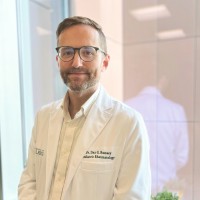
Main Areas of Research/Key Words: Juvenile Idiopathic Arthritis, Enthesitis-Related Arthritis, Juvenile Spondyloarthritis, Clinical Outcomes
Research Summary: Dr. Dax Rumsey's main area of research is in Juvenile Spondyloarthritis. Dr. Rumsey focuses on mostly collaborative clinical research using databases of information from across Canada and across North America. He has also collaborated with pediatric MSK radiologists on questions of mutual interest.
Currently Accepting New Trainees/Learners: No
Additional Links/Information: Linkedin
If you are a researcher and would like to be included on this page, please reach out to us at pedsr@ualberta.ca. We'd love to showcase your work and contributions!